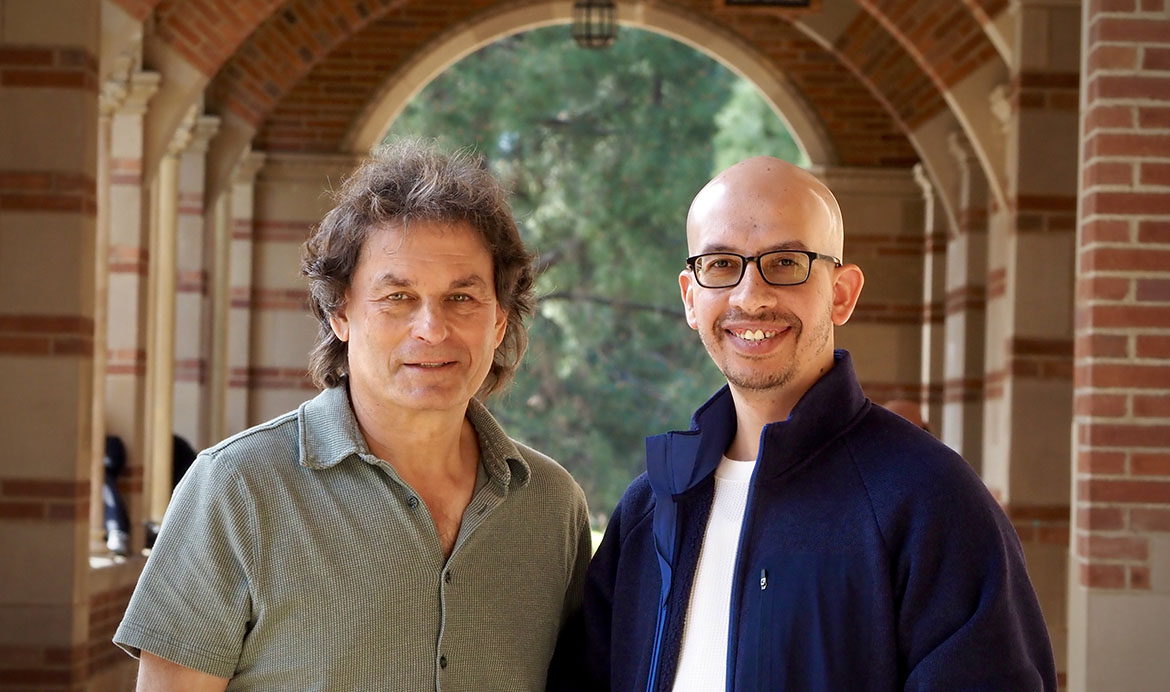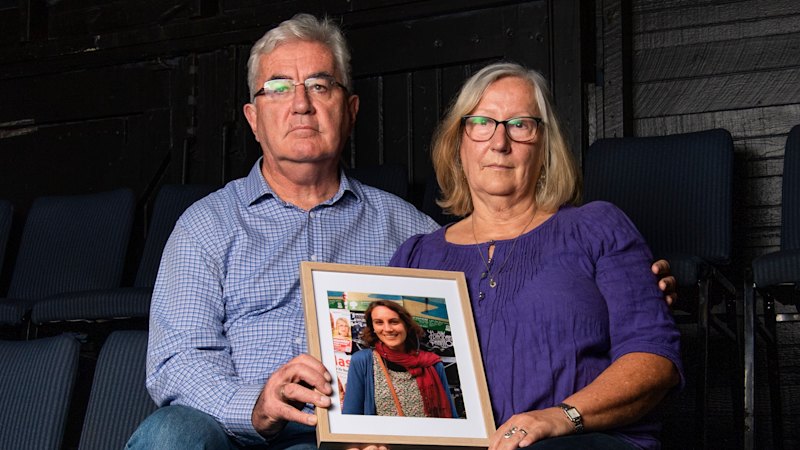
A groundbreaking DNA screening study has revealed that 1 in 50 young Australians are at high genetic risk for cancer or heart disease. Participants of this world-first study, led by Monash University, will share their personal stories at a landmark event at Canberra’s Parliament House tomorrow. The event is hosted by the Parliamentary Friends of Genomics and Genetic Treatment, highlighting the transformative potential of genetic screening in disease prevention.
The DNA Screen study tested approximately 10,000 Australians aged 18–40, identifying 202 individuals with genetic variants that significantly increase their risk for conditions such as hereditary breast and ovarian cancer, Lynch syndrome, and familial hypercholesterolaemia. Those identified received genetic counseling and were referred to local public genetics services, enabling them to take preventive measures.
Unveiling the Power of Genetic Screening
The event, co-chaired by Dr. Mike Freelander MP and Dr. Anne Webster MP, will showcase DNA Screen as Australia’s first pilot of preventive DNA screening in young adults. Professor Paul Lacaze, the lead of DNA Screen and Head of Public Health Genomics at Monash University, emphasized the importance of early identification. “This is about prevention. If we can identify people early, before disease develops, we can intervene, save lives, and reduce future healthcare costs. DNA screening has the potential to transform public health in Australia,” he stated.
Dr. Jane Tiller, co-lead of the study and Ethical, Legal, and Social Adviser in Public Health Genomics at Monash University, noted the overwhelming interest in the program. “DNA Screen was wildly popular, with tens of thousands of young people registering their interest. Young Australians want genetic risk information to enable them to take preventive steps for their health. We must ready the health system for population DNA screening, and start to use genomic information to prevent disease, as well as for diagnosis and treatment,” she said.
Understanding Genetic Risks
The DNA Screen genetic test identifies changes in DNA that cause a high genetic risk for three conditions:
- Hereditary breast and ovarian cancer (HBOC): Involves BRCA1/2 genes, increasing the risk of breast and ovarian cancer in women and prostate cancer in men.
- Lynch syndrome (LS): Elevates the risk of bowel cancer in both genders, and endometrial and ovarian cancer in women.
- Familial hypercholesterolaemia (FH): Leads to a higher risk of heart disease or stroke due to high cholesterol from an early age.
For these conditions, effective interventions are available for prevention and treatment if detected early, underscoring the significance of the study’s findings.
Real Lives, Real Impact
Among those sharing their experiences is Georgie, a 33-year-old from Hobart, who discovered she carries a BRCA2 variant linked to HBOC. “When I found out I had the BRCA2 gene it was a bit of a shock. Now I feel a lot better and I know I can do something about it,” she shared. Georgie has since consulted with genetic counselors and a breast surgeon to explore surgical options and organized an annual MRI. “After a while, you realize that I can actually prevent something and have more control over my health. I think it’s important so people can have some control and prevent cancer before it happens,” she added.
Similarly, Ben, a 39-year-old from Sydney, was surprised to learn he carries a PALB2 variant associated with HBOC. “When I received the results, I was caught entirely off guard. I wasn’t aware of any significant family history that would have given me cause to get tested. I only found out because of this pilot program,” he explained. This knowledge has empowered Ben to discuss the importance of genetic testing with his family and make lifestyle changes to reduce his cancer risk, such as losing weight and reducing alcohol consumption.
Looking Ahead
The DNA Screen study represents a significant step forward in public health genomics, with the potential to reshape how Australia approaches disease prevention. As the health system prepares for broader implementation of population DNA screening, the stories of individuals like Georgie and Ben underscore the profound impact such initiatives can have on personal health and well-being.
As the event at Parliament House unfolds, it serves as a reminder of the power of genetic information in transforming lives and preventing disease. The insights gained from the DNA Screen study will likely inform future public health strategies, aiming to integrate genomic data into everyday healthcare practices.
With continued advancements in genetic research and technology, the potential for DNA screening to prevent life-threatening diseases is immense, offering hope for a healthier future for all Australians.







